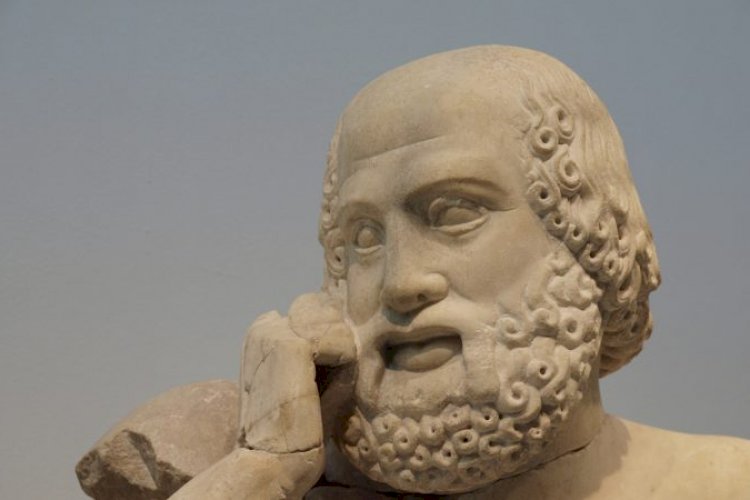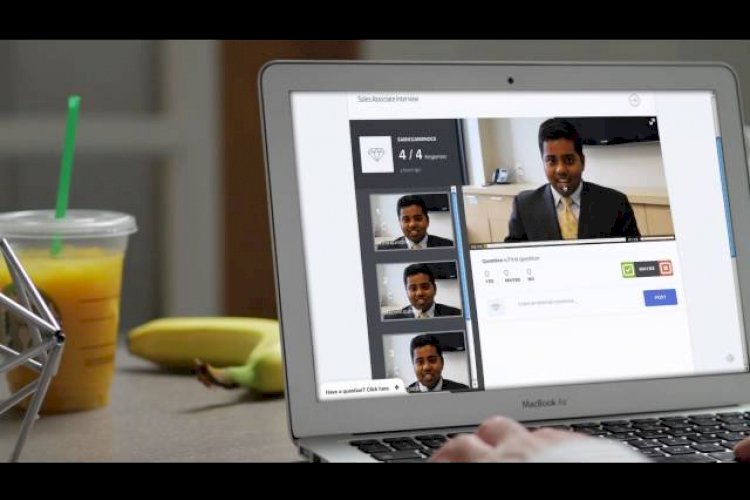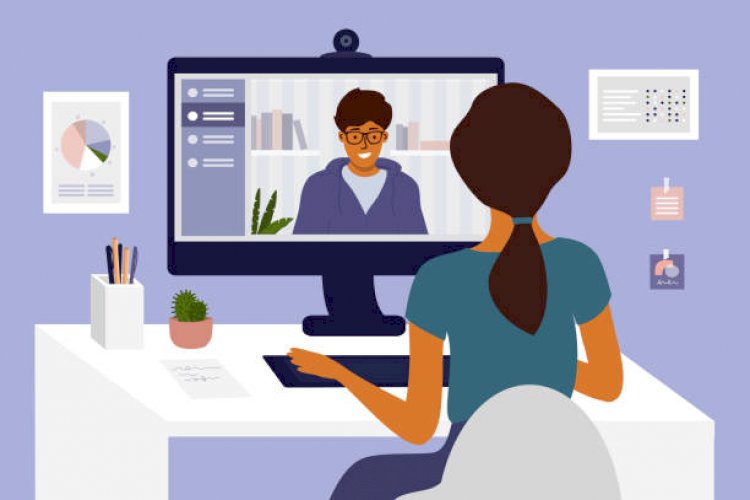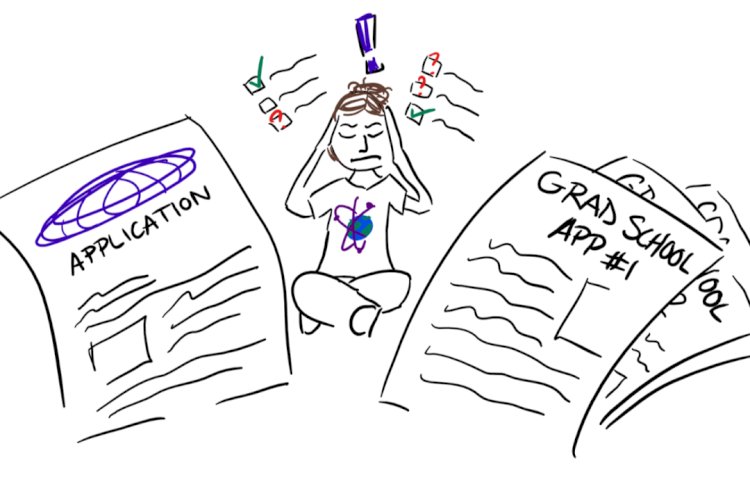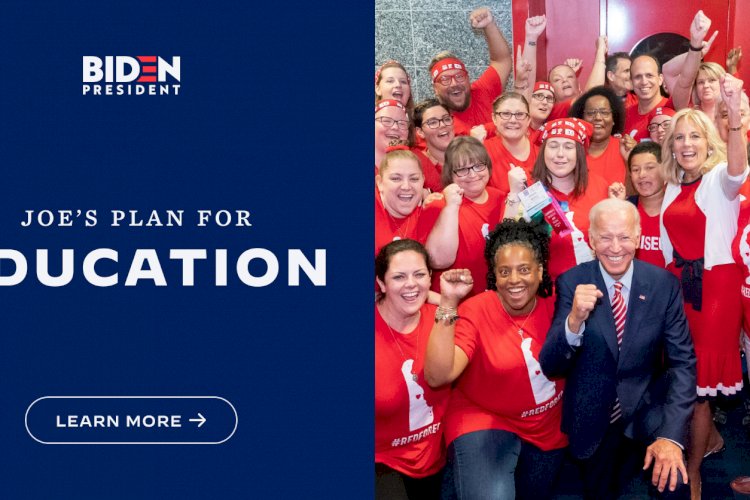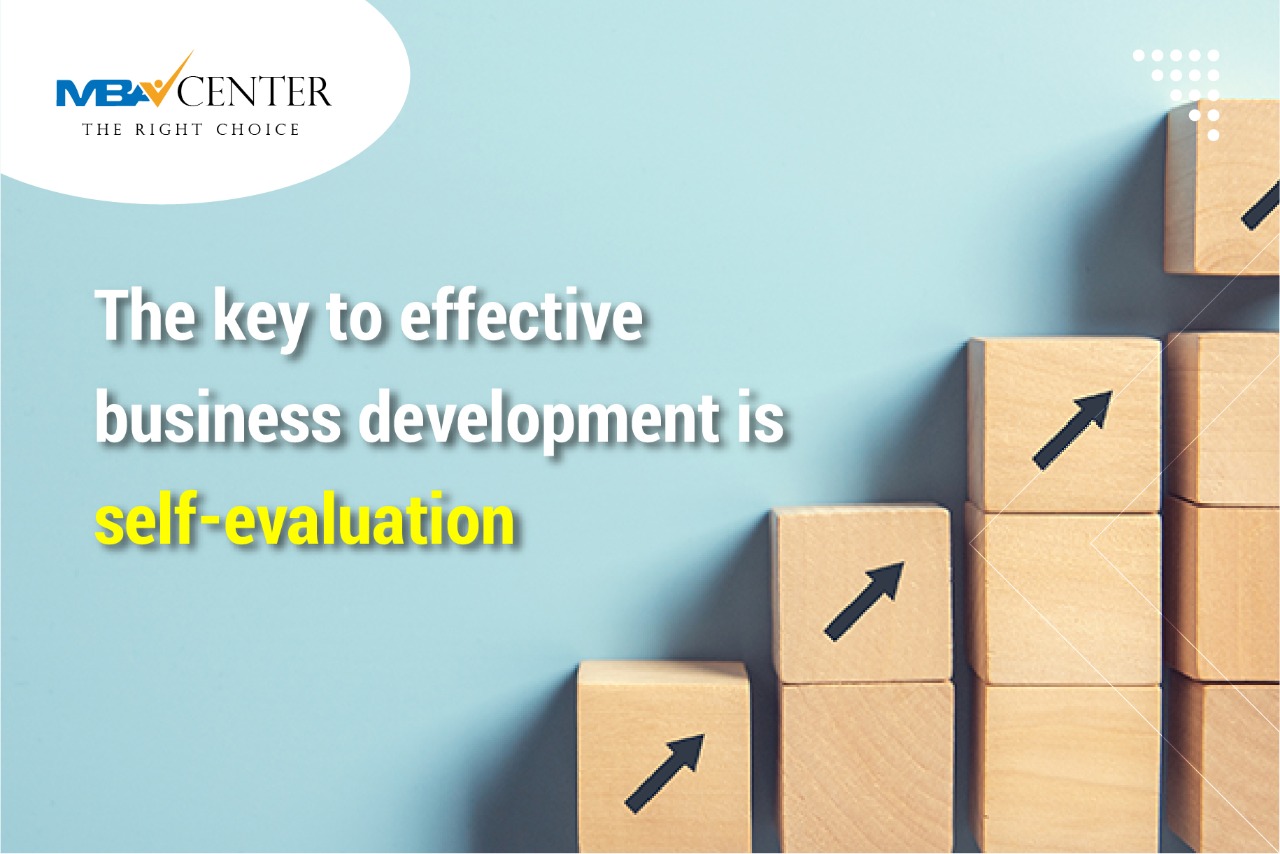
An executive MBA is a part-time graduate program often available to students in fields such as business and health care administration. Not all schools require an interview as part of the admissions process, but many do. Study this list of popular and frequently asked interview questions ahead of time so you’ll always be ready to answer them with confidence.
“Tell me a little about yourself.”
This question seems simple, and so many people do not prepare for it, but in fact, it is very important. Here is the most important principle: do not dump the entire history of your career (and especially your personal life). Prepare a short and convincing answer that will implicitly show exactly why you are the right person for the program. First, tell your interviewers about two or three specific achievements or projects that present you in the most favorable light, and then explain how this experience will help you in your new place. In general, the interviewer wants to see how you demonstrated leadership and development, not just the jobs you have undertaken, but also why. It is especially important to touch on the business or management, integration, and cooperation skills you possess.
You Responsibilities
You might hear another question about your job responsibilities, such as “Describe the core responsibilities that you held in your last position.” In this case, you must demonstrate how you are able to cope with professional tasks. The interviewer needs to understand how well you are used to solving problems and finding out whether this method is suitable for working with the company’s teams. For example, you can demonstrate project management skills (how you successfully brought a project to completion by coordinating several areas) or the ability to confidently and effectively bring a team together. And remember: “the best stories include enough detail to be believable and memorable. Demonstrate how you have shown leadership in any situation and how it reflects your leadership experience and potential.
Motives
One of the underlying concerns for EMBA admissions officers is whether your motives justify your inclusion in the EMBA program. The interviewer might look for answers that include more narrowly defined objectives. You might be asked, “What are your personal and professional motives for getting an EMBA?” Professionally, you want to reiterate the development you plan to make from front-line work in your profession to more active leadership roles. Personally, you may talk about your desire to support your family and to take on work that is more critical and with more responsibilities. It won’t be enough if you respond with just common phrases like “I am attracted to growth prospects, interesting work, a solid firm…” You must give more serious and concrete reasons like your desire to apply your skills and experience where they can give the greatest return and will be appreciated, and your attraction to working in a strong team of professionals, possibly by giving examples.
Strengths and Weaknesses
Why is this question asked so often? The interviewer will try to identify potential problems you might present for the program — for example, the inability to work in a team or lack of punctuality.
Each EMBA program and sector is unique, so it is impossible to give an unambiguous answer to this question. The advantages you mention must meet the requirements for the program, and the weaknesses must still reflect something positive. In the end, the interviewer must understand that the pros outweigh the cons.
What’s the catch? The answer to this question can completely spoil the first impression if you are honest about your shortcomings without emphasizing your strengths. It is also important to prepare an answer to this question in advance, so as not to walk through a minefield.
What response is expected from you? The interviewers want to know that your strengths are fully consistent with the program you are applying for and that your weaknesses will not prevent you from successfully performing your duties. They also evaluate your honesty and self-confidence by observing the way you talk about yourself, an action not so common in our daily lives.
 MBA Center Global
MBA Center Global 









